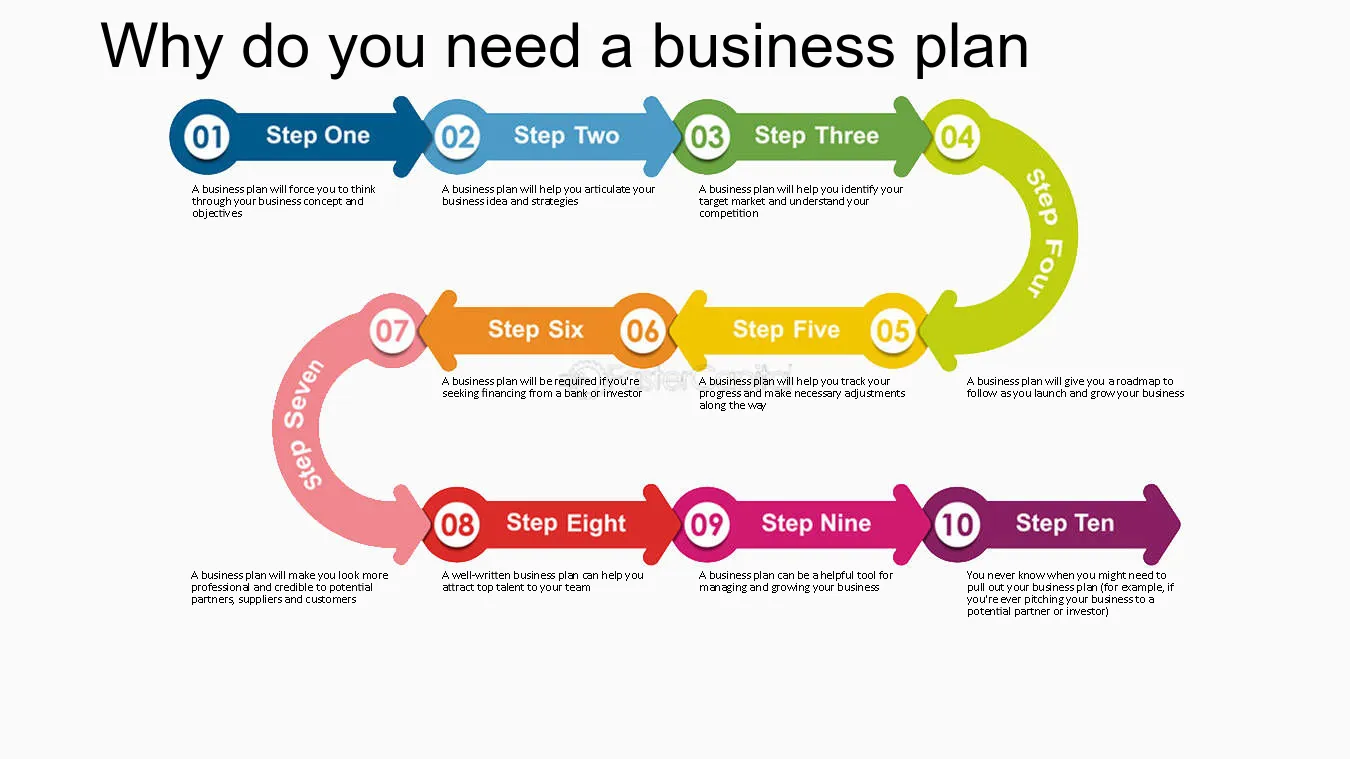Why Every Entrepreneur Needs a Business Plan: The Blueprint for Sustainable Success
Launching a business without a detailed plan is like setting sail without a compass. No matter how groundbreaking your idea or how motivated your team, without a roadmap, your business journey can quickly go off course.
In today’s highly competitive and rapidly changing business environment, having a business plan is not optional — it’s essential. A solid business plan is not just a document for securing investment; it’s a strategic framework that outlines your business goals, strategies, risks, and long-term vision.
In this article, we’ll uncover the real power of a strong business plan, explore its key components, and explain why it’s the foundation of every successful venture — whether you’re a solo entrepreneur, a startup founder, or a growing enterprise.
1. Defining Your Vision with Clarity and Purpose
At the heart of every successful business is a clear purpose. A business plan compels you to answer critical questions:
-
What problem does your business solve?
-
Who is your ideal customer?
-
What are your core values?
-
What does success look like — in 1 year, 3 years, 5 years?
By writing these answers down, you turn ideas into actionable strategies. It transforms a vague concept into a real business model. Without this clarity, it’s easy to lose focus or chase short-term gains at the expense of long-term success.
2. Informed Market Research and Competitive Insight
Understanding your market is non-negotiable. A business plan requires you to dive deep into industry research, explore emerging trends, and analyze your competitors. This helps you:
-
Identify unmet needs
-
Avoid saturated niches
-
Position your brand uniquely
-
Understand what customers truly value
For instance, if you’re launching a men’s fashion brand, your research may reveal that there’s a growing demand for eco-friendly fabrics or size-inclusive collections — giving you a distinct edge.
Without such insights, you’re just guessing — and guessing leads to failure.
3. Financial Planning: Know Your Numbers Before You Spend
Many entrepreneurs underestimate how much it costs to run a business. A well-structured business plan forces you to outline your:
-
Startup capital requirements
-
Operating expenses (fixed and variable)
-
Sales forecasts
-
Break-even point
-
Projected profit & loss
With this data, you can price your products correctly, manage your cash flow, and avoid common financial pitfalls. More importantly, you’ll build a financially sustainable business — not just one that looks good on paper.
4. Attracting Investors, Lenders, and Strategic Partners
A strong business plan is essential for raising capital. Investors don’t just back ideas — they back people with a clear plan. Your business plan shows:
-
How you’ll make money
-
What your growth strategy is
-
How you’ll acquire and retain customers
-
How much funding you need — and what it will be used for
A professional, well-thought-out plan builds trust. It shows you’re serious, prepared, and ready to manage both opportunities and risks.
5. Day-to-Day Guidance: Run Your Business with Purpose
Think of your business plan as a GPS for daily operations. It helps you:
-
Set priorities
-
Make hiring decisions
-
Evaluate marketing strategies
-
Decide when to scale or pivot
Instead of making gut-based decisions, your business plan gives you data-driven clarity. It becomes a reference point you can update and refine as your business evolves.
6. Risk Management: Be Prepared, Not Panicked
Every business faces challenges — from economic downturns to changing customer behavior. A good business plan includes a risk assessment section that:
-
Identifies potential threats
-
Proposes contingency plans
-
Evaluates competitive risks
-
Considers operational challenges
This proactive approach not only reduces surprises but also makes your business more resilient.
